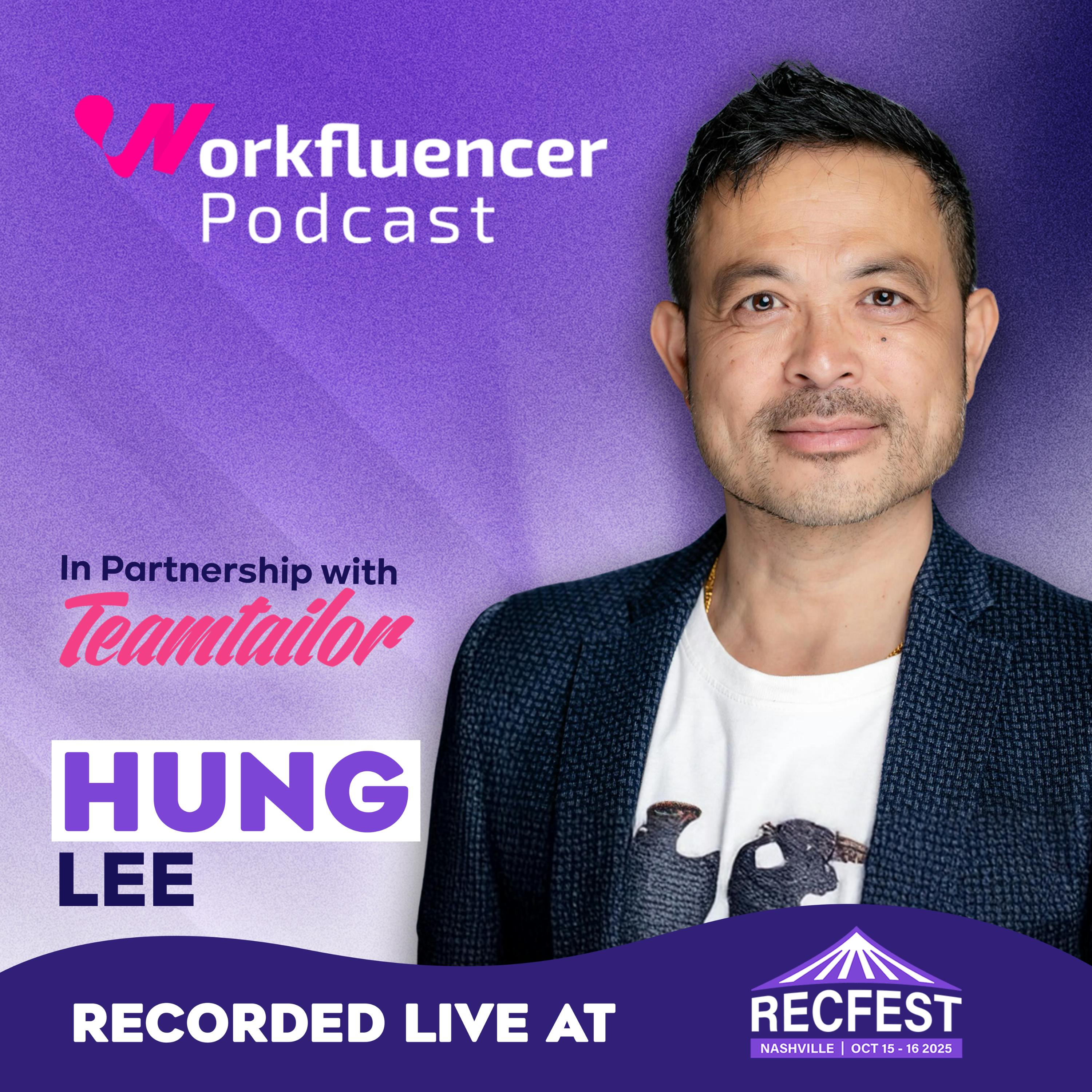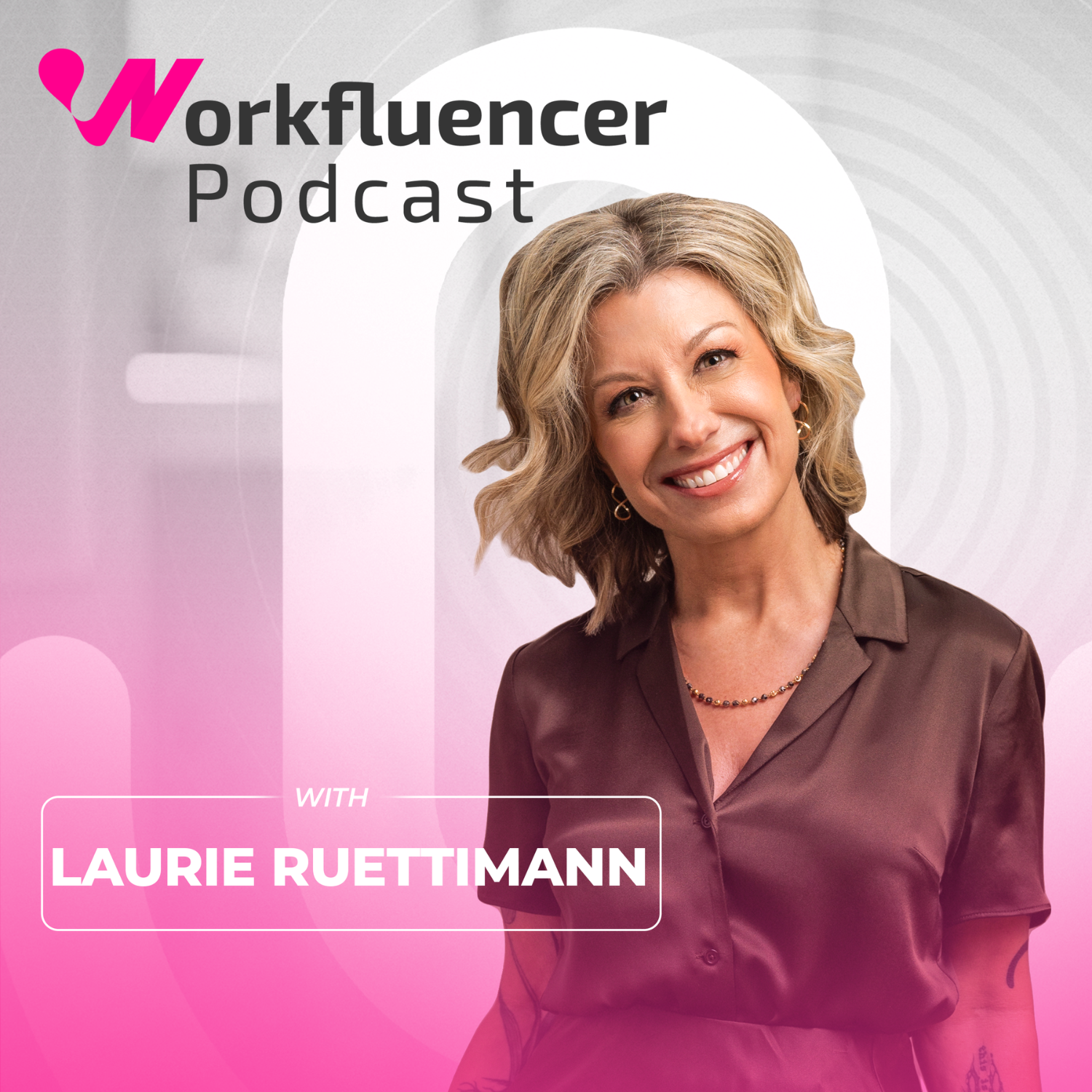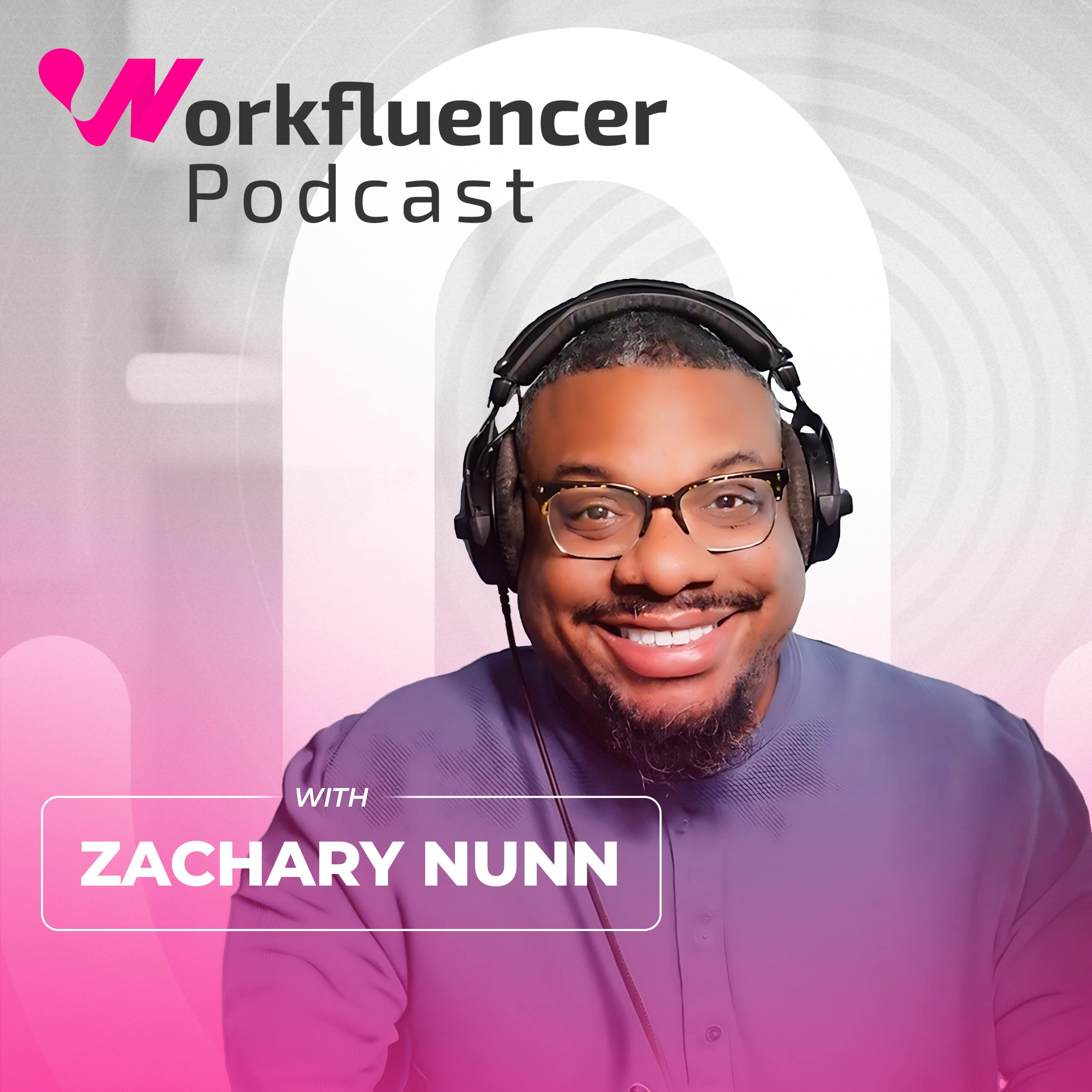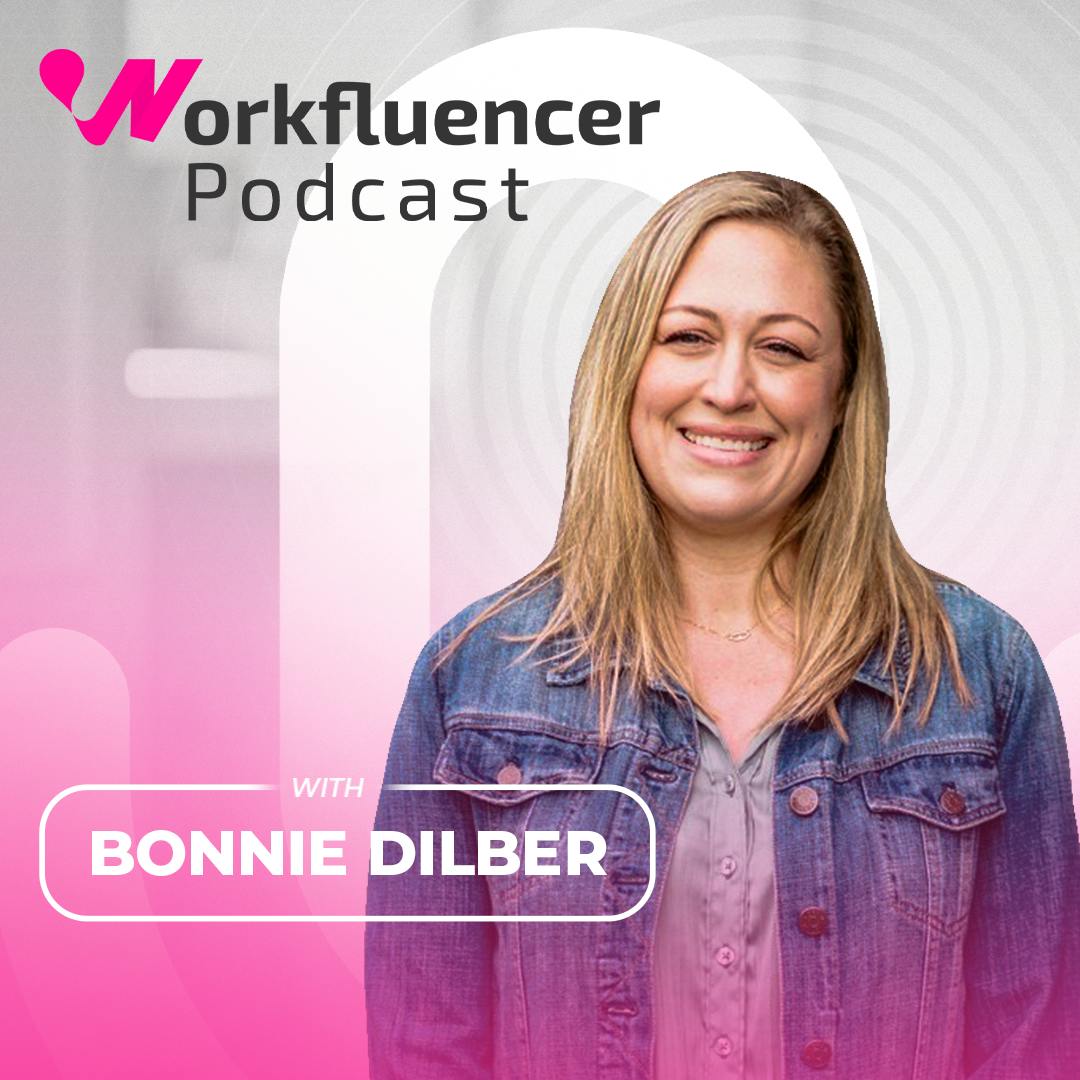Career Identity Theft: Safeguarding Your Personal Brand

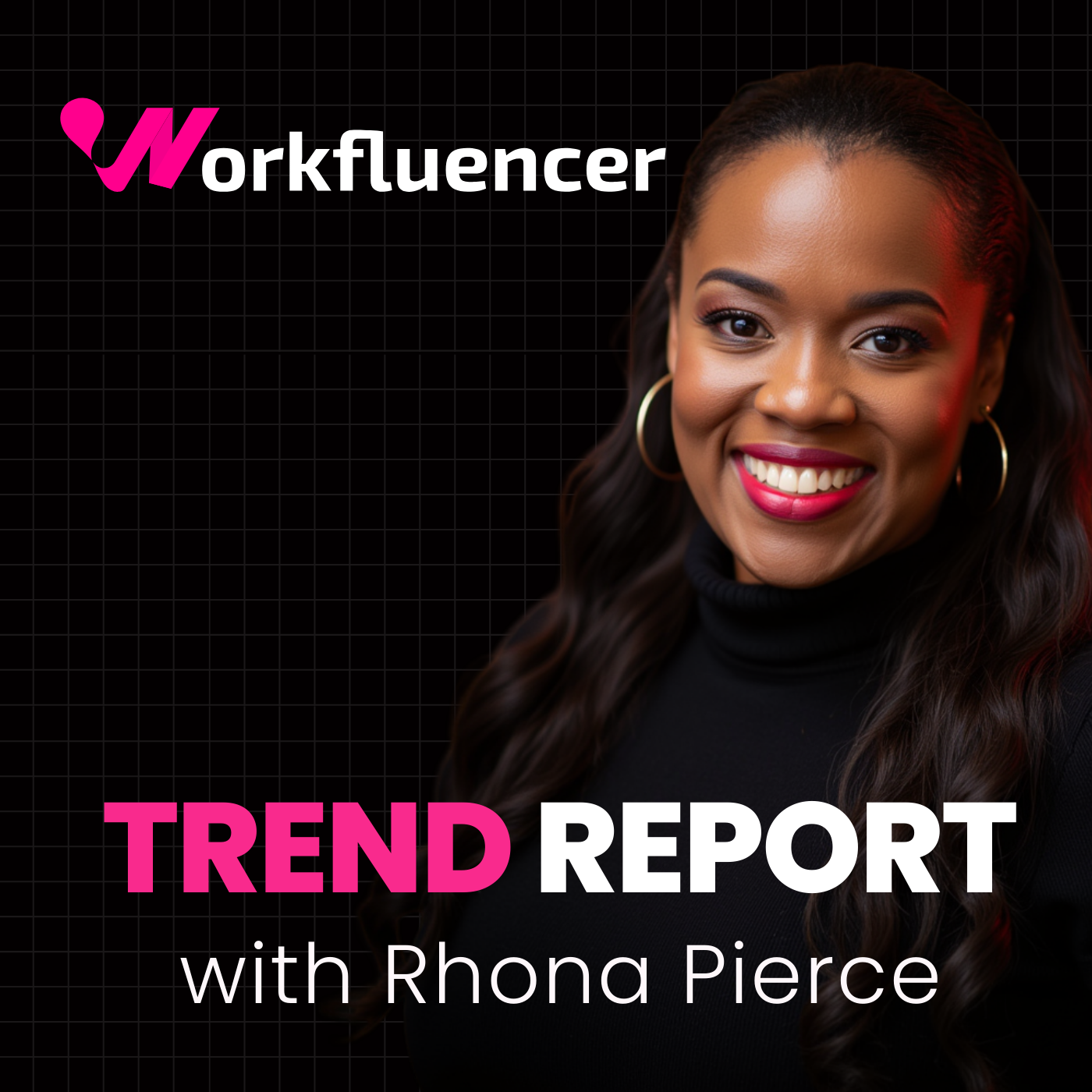
What if someone stole your entire career — your résumé, portfolio, headshot, even your home address?
In this Workfluencer Trend Report, Rhona explores the real case of freelance writer Jolissa Skow, who discovered an imposter had been living her professional life since 2023. The impersonator used Jolissa’s identity to land contract work, participate in Slack, attend camera-off meetings, and even get paid — all while colleagues believed they were working with her.
Based on Jolissa’s public LinkedIn posts and reporting by Dr. Janice Gassam Asare, this episode examines how career identity theft is emerging as a new risk for anyone building a personal brand. With job scams tripling since 2020 and 17% of hiring managers reporting deepfake candidates, the line between authentic and artificial has never been thinner.
Has this happened to you? Share your questions or story at https://www.workfluencerpodcast.com — your voicemail may shape a future series on protecting your brand from impersonation.
RESOURCES MENTIONED:
Read Dr. Gassam Assare's article here: https://www.linkedin.com/pulse/career-identity-theft-how-one-womans-stolen-without-asare-ph-d--2zrre/
CONNECT WITH RHONA ON LINKEDIN:
https://www.linkedin.com/in/rhonabarnettpierce/
personal branding, remote work, identity theft, workfluencer, Job scams, Protecting your brand, Online reputation, Career protection, Employment fraud, personal brand protection, imposter scams, remote work risks, professional impersonation
Learn more about your ad choices. Visit megaphone.fm/adchoices
Rhona Barnett-Pierce (00:00.128)
What if someone stole your entire career? Not your credit card, not your bank account, your resume, your headshot, even your portfolio. I'm Rhona Pierce, and this is your Workfluencer Trend Report, a short episode where I break down one trend shaping how we talk about work and what it means for anyone building a personal brand. I first came across this story in an article by Dr. Janice Gassam Asare on LinkedIn. She covered the experience of freelance writer, Jolissa Skow
And I want to be clear upfront, I haven't spoken to Jolissa personally. What I'm sharing comes directly from her public LinkedIn post and Dr. Asare's reporting. Since 2023, an imposter had been living Jolissa's professional life. They used her portfolio, her bio, her headshot, even her home address, and got hired as a contractor. They joined Slack channels, delivered work, and sat in on meetings with the camera off, citing a speech impediment.
For more than a year, colleagues believed they were working with Jolissa when they weren't. There were definitely red flags. Earlier this year, Jolissa received a 1099 tax form for $300 from a company she'd never worked with. When she asked about it, they gaslit her, suggesting maybe she just didn't remember writing the piece. She brushed it off as a one-time fluke. But later, she was tagged in the LinkedIn post thanking her for being a wonderful coworker.
at a company she had never worked for. That was the moment the truth came out. When she reached out, the CEO of that company immediately got on a video call to verify what happened. Jolissa also filed a complaint with IC3, the FBI's Internet Crime Complaint Center. The automated response made it clear. Internet crime is so rampant, they may never be able to investigate her case. And this isn't just a one-off.
According to the FTC, job and employment scams tripled between 2020 and 2024, with consumer losses skyrocketing from $90 million to more than half a billion dollars. And in a survey of a thousand US hiring managers, 17 % admitted they had interviewed AI deep fakes, candidates with lip sync videos and synthetic voices. The same tools we use to build our personal brands, portfolios, bios, samples, headshots.
Rhona Barnett-Pierce (02:25.3)
are also creating a blueprint for imposters. And with remote work and camera off culture, impersonation has never been easier. So here's my question. Should we start a whole Workfluencer series on protecting your personal brand from impersonation? If this has happened to you or you want to make sure it doesn't, head on over to workfluencerpodcast.com and leave me a voicemail. Share your questions or your story if you've lived through something like this.
Because if Jolissa's story teaches us anything, it's this. Your personal brand is powerful and vulnerable. And it's time we start treating career security with the same seriousness as cybersecurity. Thanks for listening to this Workfluencer Trend Report. I'll be back soon with a full episode. But in the meantime, if you've got thoughts or stories about protecting your career identity, I'd love to hear them. Again, just head on over to workfluencerpodcast.com and leave me a voicemail. Until next time.







